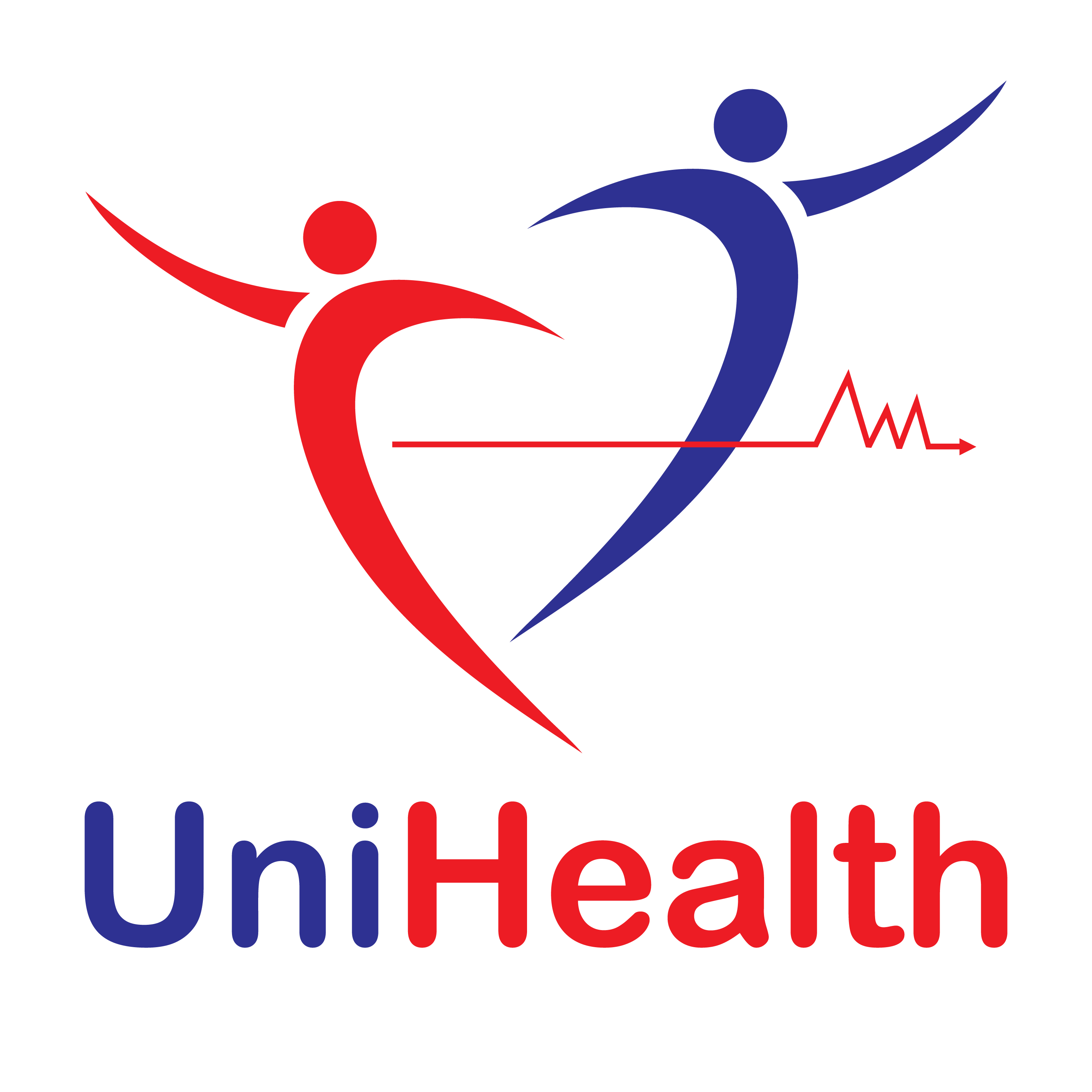Every year, thousands of children worldwide are diagnosed with cancer. International Childhood Cancer Awareness aims to highlight the challenges faced by young patients and their families, promote early detection, and improve access to effective treatment.
At UMC Victoria Hospital, we are committed to providing comprehensive cancer care for children, ensuring they receive the best possible medical attention and support.
Understanding Childhood Cancer
Childhood cancer refers to various types of cancer that occur in children under the age of 18. The most common types include:
- Leukemia – Cancer of the blood and bone marrow, accounting for nearly 30% of all childhood cancers.
- Brain and Central Nervous System (CNS) Tumors – Affecting the brain and spinal cord, these cancers are the second most common among children.
- Neuroblastoma – A cancer that develops from immature nerve cells and commonly affects infants and young children.
- Wilms Tumor – A type of kidney cancer primarily seen in children under five years old.
- Lymphomas – Cancers of the immune system, including Hodgkin’s and Non-Hodgkin’s lymphoma.
- Bone Cancers – Such as osteosarcoma and Ewing sarcoma, which typically affect teenagers and young adults.
The Importance of Early Detection
Early detection is crucial in improving survival rates and treatment outcomes. Parents and caregivers should be aware of common warning signs, including:
- Unexplained weight loss
- Persistent fever
- Unusual lumps or swelling
- Frequent infections
- Chronic fatigue
- Easy bruising or bleeding
- Persistent pain in bones or joints
- Changes in vision
If any of these symptoms persist, it is important to seek medical advice promptly. Early diagnosis enables timely treatment, which significantly increases the chances of survival and recovery.
Treatment Options and Support
At UMC Victoria Hospital, we offer state-of-the-art pediatric oncology services to ensure every child receives the best possible care. Treatment options vary depending on the type and stage of cancer and may include:
- Chemotherapy – The use of drugs to destroy cancer cells.
- Radiation Therapy – Targeted radiation to shrink or eliminate tumors.
- Surgery – Removing cancerous tumors to prevent further spread.
- Immunotherapy – Boosting the body’s immune system to fight cancer.
- Bone Marrow Transplantation – A treatment for specific types of leukemia and other blood disorders.
Apart from medical treatment, psychological and emotional support plays a vital role in a child’s recovery. Our hospital provides counseling services, palliative care, and rehabilitation programs to help children and their families cope with the challenges of cancer treatment.
Spreading Awareness and Advocacy
September is recognized as Childhood Cancer Awareness Month, a time dedicated to raising awareness and advocating for improved research, funding, and support for young cancer patients. We encourage communities to participate in campaigns, donate to pediatric cancer research, and support families affected by childhood cancer.
Conclusion
At UMC Victoria Hospital, we believe that no child should have to face cancer alone. With advanced medical care, early detection, and compassionate support, we can provide hope and improve survival rates for children battling cancer. Together, we can make a difference in the fight against childhood cancer.



